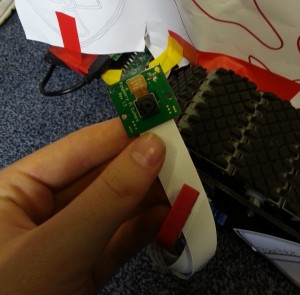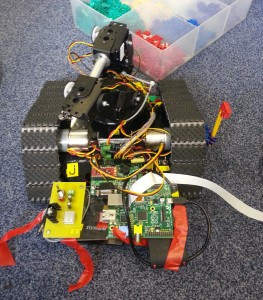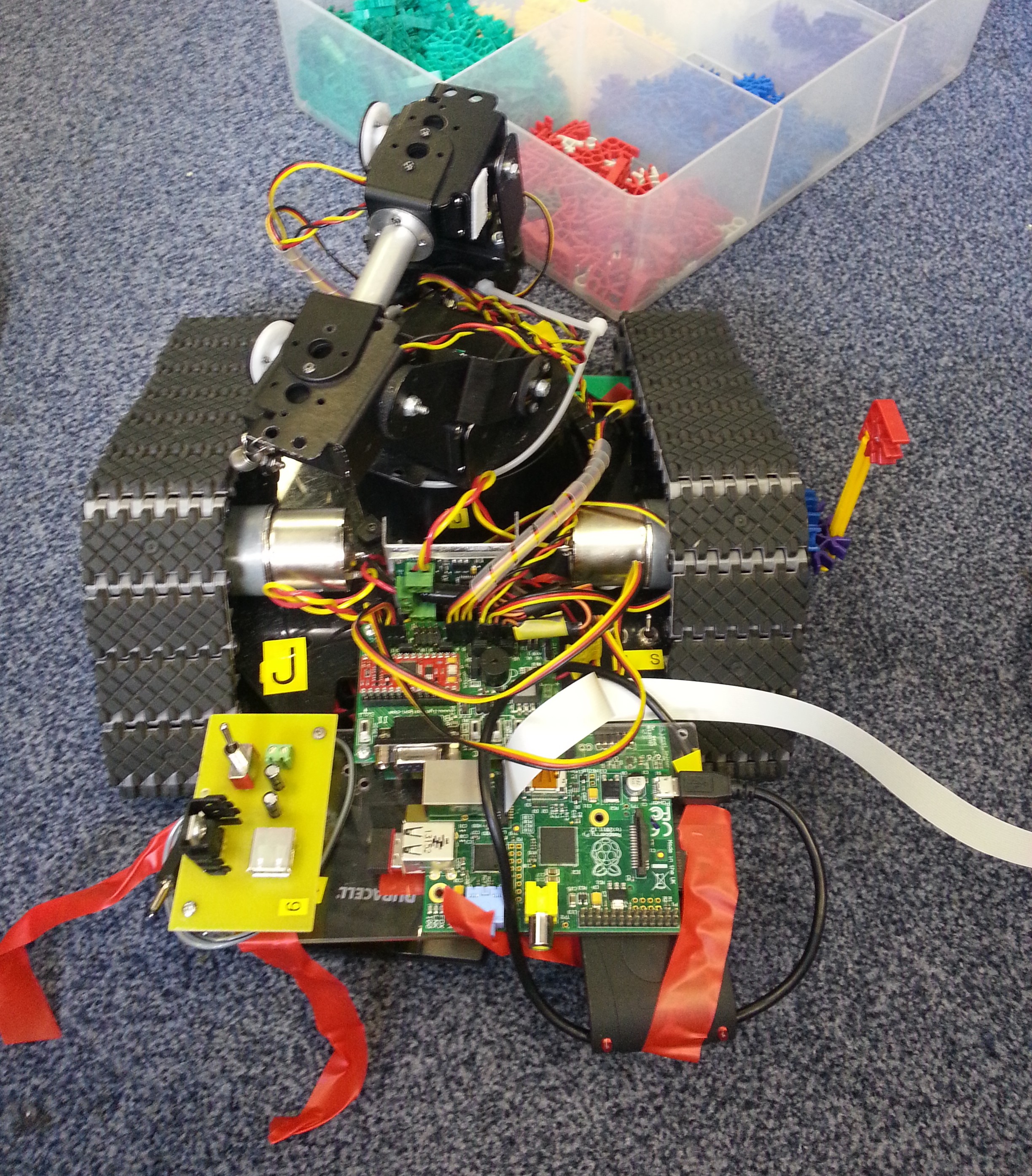In July 2015 I attended the ‘systems engineering’ residential course run by Headstart at Loughborough University in the United Kingdom, and thoroughly enjoyed it. The course was composed of two sections; the first two days involved designing the air defence system for a country, and the final two days were spent programming a robot for remote navigation to collect ‘nuclear waste’ from a concealed zone.
Air defence involved designing a range of fighter planes and strategies for a fictitious country and costing the whole scheme, as well as presenting our proposals to a panel. I loved the whole concept and learnt a fair bit about avionics, but I found the second section of the program even more exciting…

Given a robot with caterpillar tracks, we had to link it up to a computer and do some programming with BASIC for it to respond to a PS2 controller. The robot needed to deploy a bridge (we had to build), cross said bridge, then descend a ramp, turn a dial, and take out a plug. Once all this was done, the ‘nuclear waste’ was safe to lift and transport to a ‘safe zone’. Tipping (or ‘spilling’) the nuclear waste resulted in time penalties, and if we had to move in order to see the dial and plug, we were also fined. The latter meant fitting a raspberry pi camera module and getting a live video feed on a computer (and ultimately on our phones!) of what the robot could see. Although I was successful in setting up the camera using raspberry pi, it didn’t quite go to plan as the video feed wasn’t as smooth as we needed it to be in order to accurately control the robot. I found this project the most rewarding and would love to work with those robots again.

The course however wasn’t just focused on these two projects, as about a third of our time was spent attending lectures from various engineers in various fields (after all, this was systems engineering), talking about their experiences and the opportunities available in the engineering industry. Speakers included Dr Ella Hubbard on accident investigation, Professor Max Zecca on artificial intelligence – specifically robots in healthcare – and past students from the systems engineering department at Loughborough.
I’d really recommend this course to anyone interested in systems engineering or who is unsure about which engineering field to pursue – like I was. I know some people who attended Headstart’s ‘broad based’ engineering courses, and weren’t particularly impressed, so I’d suggest systems engineering as an alternative.

